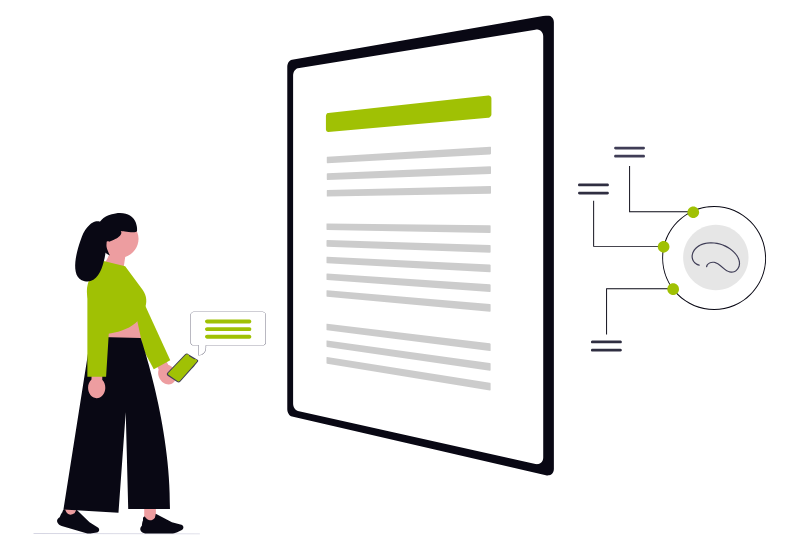September sees both R U OK? Day and Mental Health Awareness Week take place across Australia and New Zealand, respectively. A common concern we can face is not knowing how to check in with a friend or work colleague. Here are a few ideas on how to have those often-tricky 'little chats' with someone you're concerned about.
How we feel affects how we live our lives and how we drive. The research is clear: Happier people make better drivers. Conversely, those feeling unhappy, angry or low will likely make worse decisions behind the wheel.
Recommended reading:
- The way we drive, the way we live. Here's why it's the same thing.
- Improving the health and wellbeing of your fleet drivers.
One of the best things you can do for someone else's mental health is to ask them how they are doing. The research is clear – connection is essential, talking about mental health is important, and asking someone about topics like suicide is not going to put the idea into their head.
But that doesn't always make it easy to do, especially when wanting to talk to a colleague or workmate. Here are some practical suggestions to try:
- Share something about yourself. You might have common interests or be able to bond over something you find difficult. Fuel prices, work pressure, or ‘Have your children had as many sick days as mine this year?’
- Be open and honest when you yourself are struggling. This helps others feel they are not alone and is great for modelling healthy communication. 'I'm battling a bit at the moment, would you be free for a walk at lunchtime?'
- Ask when you're both doing something. Research shows it's easier to open up when engaged in 'parallel play' – e.g., driving somewhere together, doing dishes side by side. This can feel less confronting, and there is no forced awkward eye contact!
- Be okay with not getting an answer. The person might not be ready, feel shy, or you may not be the one they will open up to. Try to be okay with this even if you feel hurt; your prompt may get them to share elsewhere.
- Try something neutral and non-judgemental. Rather than 'You look tired…' you could try saying, 'What would you say is the most challenging thing in your life right now?' or simply, 'Do you feel like talking?’
- Use humour. These conversations don't have to be heavy! Sharing a laugh is one of the healthiest things we can do, and it can lead to some more serious sharing.
- And maybe most importantly – don't overthink it. Yes, you might want to pick your moment, and you may want to think about what you're going to say... but showing someone you care is never going to be a waste of time.
Australian helplines
Lifeline - 13 11 14 or text 0477 13 11 14
Beyond Blue – 1300 22 4636
Suicide Call Back Service – 1300 659 467
Kids Helpline – 1800 55 1800
13Yarn – 13 92 76
New Zealand helplines
Need to talk? Free call or text 1737 any time for support from a trained counsellor.
Lifeline – 0800 543 354 (0800 LIFELINE) or free text 4357 (HELP).
Suicide Crisis Helpline – 0508 828 865 (0508 TAUTOKO).
Healthline – 0800 611 116
Samaritans – 0800 726 666
All the services listed here are available 24 hours a day, seven days a week.






.png)

